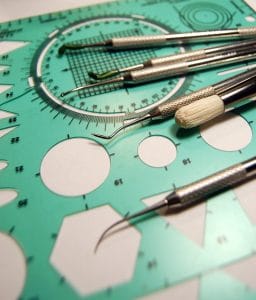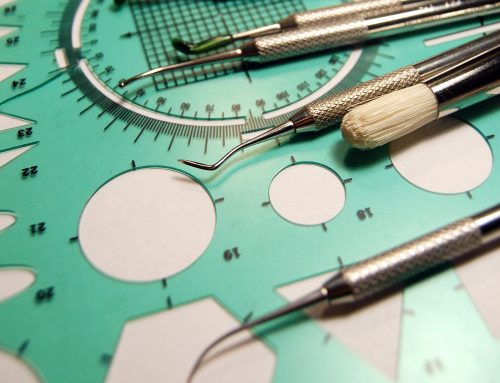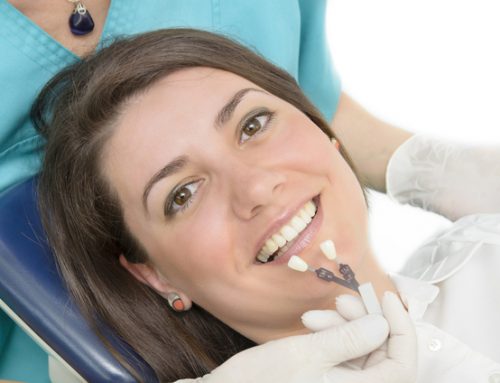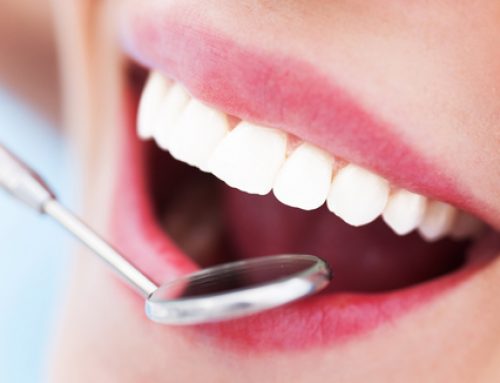If you need a root canal, it’s a good idea to have the procedure done as soon as possible.
A Root Canal May Save Your Tooth
As we covered previously, endodontics, or as it is more commonly known a root canal, is a surgical procedure that removes the nerves from the roots of a tooth.
So let’s say you’re ready to schedule an appointment. You probably have some questions about what you’ll need to do after the procedure or what you can expect. According to the American Association of Endodontists:
“It is normal to feel some tenderness in the area for a few days after your root canal treatment as your body undergoes the natural healing process. You may also feel some tenderness in your jaw from keeping it open for an extended period of time. These symptoms are temporary and usually respond very well to over-the-counter pain medications. It is important for you to follow the instructions on how to take these medications. Remember that narcotic medications, if prescribed, may make you drowsy, and caution should be exercised in operating dangerous machinery or driving a car after taking them.
Your tooth may continue to feel slightly different from your other teeth for some time after your root canal treatment has been completed. However, if you have severe pain or pressure that lasts more than a few days, contact your endodontist.”
- Do not eat anything until the numbness in your mouth wears off. This will prevent you from biting your cheek or tongue.
- Do not chew or bite on the treated tooth until you have had it restored by your dentist.
- Be sure to brush and floss your teeth as you normally would.
- If the opening in your tooth was restored with a temporary filling material, it is not unusual for a thin layer to wear off in-between appointments. However, if you think the entire filling has come out, contact your endodontist.
- Contact your endodontist right away if you develop any of the following:
- a visible swelling inside or outside of your mouth;
- an allergic reaction to medication, including rash, hives or itching (nausea is not an allergic reaction);
- a return of original symptoms; or
- your bite feels uneven.
Root canal treatment is only one step in returning your tooth to full function. A proper final restoration of the tooth is extremely important in ensuring long-term success.”[READ SOURCE]
Root Canal Surgery: What Happens After
After you have root canal surgery, you’re not off the hook. You still need to brush and floss your teeth every day.
You’ll also need to schedule dental exams as well. So remember. We’re here to help you. Why? Because we are your dentist in Gilbert.
Gilbert Vista Dental Care
2451 East Baseline Road #210
Gilbert, AZ 85234
(480) 503-5467
https://drritapeck.com







